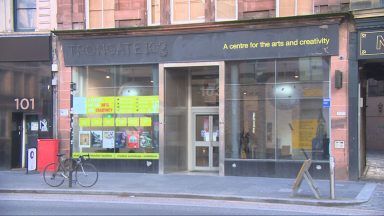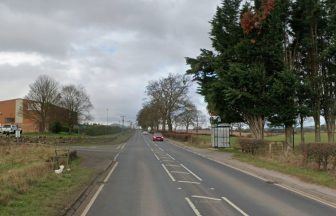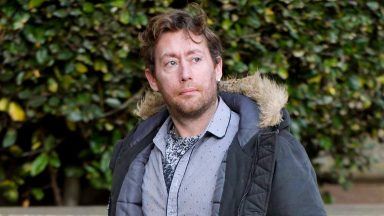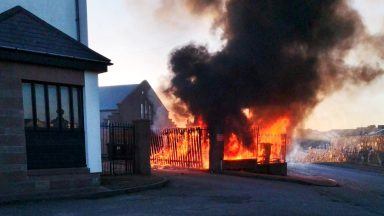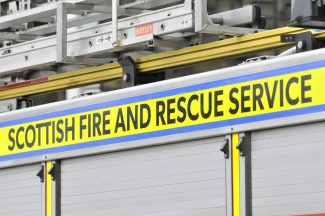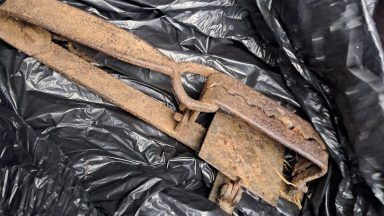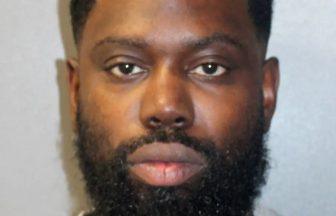An Aberdeen woman diagnosed with thyroid cancer aged 21 has shared some of the worst things people have said to her as she underwent treatment.
Jordan Ramsay, now 23, has joined young people across the country in sharing the most uncomfortable, bizarre, and insensitive things people have said to them.
From comments like “can I try on your wig?” to “my dog died of cancer”, and speculation that somebody’s cancer was caused by eating chocolate spread, patients like Jordan are appealing for people to take a moment to think before they speak to avoid unnecessary upset.
Jordan has shared how when she told people about her diagnosis, she found people would then tell her about their family members or friends who had had cancer and died.

“When you have cancer the worst things to hear are being told about someone’s family, friend or someone they knew and how they died of cancer, or even just about their cancer,” Jordan said.
“It’s really upsetting so please don’t do that.”
Jordan has also shared how when she was first diagnosed people were too scared to speak to her as they didn’t know what to say, and how difficult that could be.
Her experience echoes a Teenage Cancer Trust survey which revealed that over half (55%) of young people found that during their treatment some of their friends didn’t contact them as much anymore, and over a third (40%) found that some of their friends stopped contacting them completely.
Nearly half (49%) felt it was because their friends felt awkward about their cancer and didn’t know how to react or what to say.
The negative experiences shared by Jordan and others supported by Teenage Cancer Trust have been grouped into five main areas to avoid when talking to someone with cancer.
- Please don’t tell us about your relatives or pets that died of cancer – or ask when we’re going to die
Like Jordan, many said comments like this were deeply upsetting and unhelpful.
- Speculate about why we got cancer
Some had felt blamed by others for getting cancer because of their lifestyle – for example something they ate.
- Talk about our wigs or how our appearance has changed
Your appearance can be affected by cancer treatment – you might lose hair and wear a wig, have scarring or lose or gain a lot of weight. It isn’t helpful to have any of this pointed out.
- Tell us we’re brave
Some said they didn’t feel brave – that treatment was just something they had no choice other than to go through, and that ‘fighting’ language around cancer could feel isolating.
- Nothing at all
Like Jordan, some found friends ceased contact and disappeared during their treatment, most likely caused by awkwardness and not knowing what to say – but all stressed that it’s important to stay in touch.

Jordan has also shared some of the most positive and helpful things that people said or did during her cancer treatment as part of the campaign.
“Things I found helpful were messages from friends saying simple things like ‘thinking of you’ or ‘sending love’,” she said.
“It was also great when people spoke to me about non-cancer related things, people chatting to me about random things helped get my mind off cancer.
“When people did ask questions about the cancer it was best when they would also say ‘you don’t have to answer that if you don’t want to’. That made me feel more in control.”
On the difficulties many have finding the right words to talk about cancer, she added: “Something else that was helpful was when people were honest and would say, ‘I’m sorry, I don’t know what to say.'”
Jordan was treated at Aberdeen Royal Infirmary and was helped by Teenage Cancer Trust Teenage and Young Adult Clinical Nurse Specialist Amanda.
Amanda has a focus on delivering care to young people in the North of Scotland.
In Scotland around 200 young people aged 13-24 are diagnosed with cancer every year.
Teenage Cancer Trust has four specialist units for young people in Scotland at Edinburgh Hospital for Sick Children, Edinburgh Western General Hospital, Beatson West of Scotland Cancer Centre, and Glasgow’s Royal Hospital for Children.
Each are staffed by specially trained nurses and youth support teams
Nurses like Amanda, who helped Jordan, work in regional hospitals like Aberdeen Royal Infirmary.
The Teenage Cancer Trust has to raise almost £800,000 a year to keep the services going.
Amy Harding, Director of Services, Teenage Cancer Trust, said: “People can feel awkward talking about cancer and blurting out the wrong thing but it’s so important to stay in touch.
“If you’re struggling to find the right words to talk to a friend, loved one or colleague with cancer, please take a minute to look at the brilliant tips that the young people we support have shared on our website about the most helpful and positive things people said or did when they were at their lowest.
“From simple things like staying connected by sending messages or asking someone if they want to talk– we shouldn’t underestimate how much the little things we say or do can make a difference to people going through a tough time.”
Visit www.teenagecancertrust.org/say for further information.
Follow STV News on WhatsApp
Scan the QR code on your mobile device for all the latest news from around the country


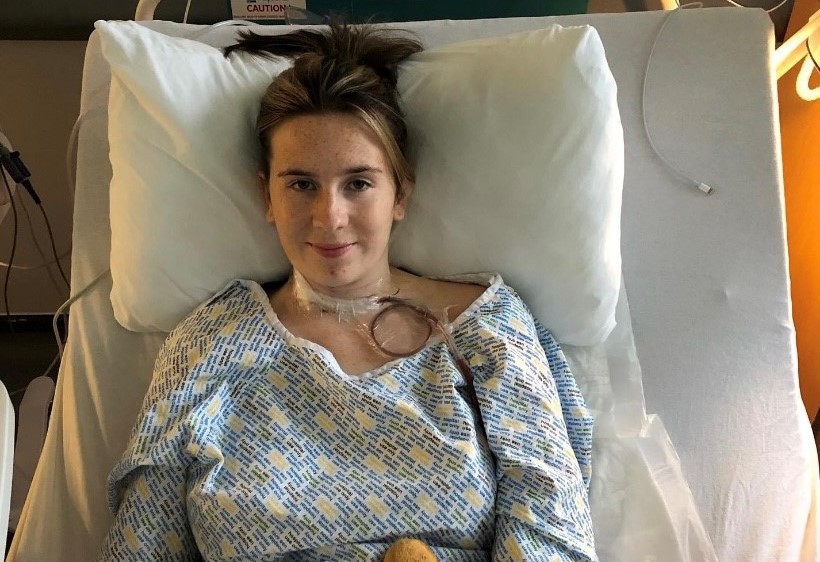 STV News
STV News






